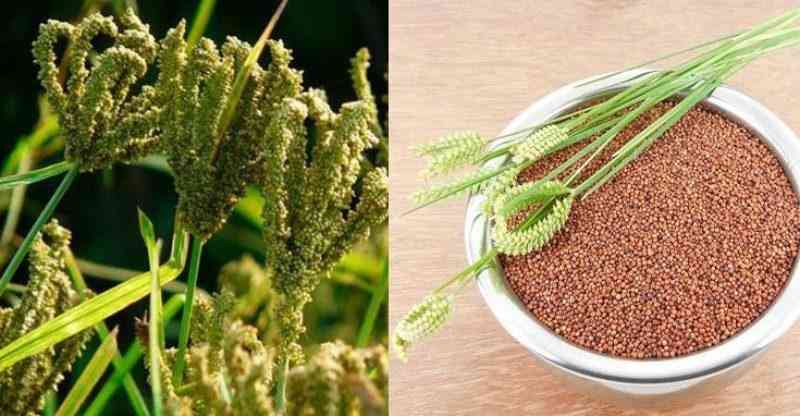
Phillis Nduva grows millet for domestic and commercial use in Makueni, county. Nduva is motivated by the high demand for millet flour and related products. The demand has risen in recent years following revelations by scientists and doctors that millet has many health benefits.
According to nutritionist with Kenya Medical Training College Nairobi Samuel Maina, millet ugali has high fibre content, which can help prevent sudden spikes in blood sugar after meals.
This means millet raises one's blood sugar slowly and gradually. Its low in cholesterol can help one lose weight. All these are helpful to those suffering from diabetes and obesity, says Maina.
"It is now widely accepted that eating whole grains can help you lose weight," says an agricultural research scientist Dr Chris Ojiewo.
Dr Ojiewo who is in charge of strategic partnership and seed systems for dryland crops programme at the International Maize and Wheat Improvement Centre (CIMMYT) urges Kenyans to embrace millet and its related products to tackle soaring obesity rates and enhance food nutrition. Recognising the urgency of the situation, experts in food security are now focusing on millet as the best food crop to combat the problem.
"Millet is the answer to keeping at bay many lifestyle diseases. Millet, with its adaptability to dryland conditions and high nutritional value, has the potential to play a critical role in combating obesity and diabetes by improving overall nutrition in Kenya," says Dr Ojiewo.
Despite these many health benefits of millet, currently, production in Kenya remains significantly low. Kenya imports a significant portion of its millets from neighbouring Uganda and Tanzania, despite its capacity to produce the crop locally. The need for diversification becomes apparent, as heavy reliance on maize, wheat and rice leaves farmers vulnerable to catastrophic crop losses due to unpredictable weather patterns.
As a versatile grain, millet can thrive in regions with high temperatures and limited rainfall thus making it a viable option for areas where traditional cereals, like maize struggle to survive. The eastern and northeastern parts of Kenya, often overlooked for cultivation due to misconception about their harsh climates, could potentially benefit from millet production, says Ojiewo.
Millet production in agribusiness can improve food security, support sustainable agriculture, promote healthy diets, and provide a potential source of income for youth and women. Integrating millets into school feeding programmes can improve children's nutrition and brain development. The increased demand for millets, even in urban supermarkets, shows their growing popularity. Additionally, exploring value-added millet products, could open up new markets and boost overall production and economy.
"Let us make millet a crop that matters, as it plays a crucial role in achieving the country's development goals and the Sustainable Development Goals," says Dr Ojiewo.
"Kenya's journey towards improved food and nutrition security requires a multi-ministerial approach. The Agriculture, Health, Education, and Youth Ministries should collaborate to raise awareness on millet's nutritional and economic benefits and promote its consumption," says economic policy analyst Charles Ayoro.
The importance of millet as a serious food crop with numerous economic and health benefits made the United Nations declare 2023 the international year of millet.
It is against this backdrop that millet growing regions such as Nyanza and Western provinces have now adopted the crop.

